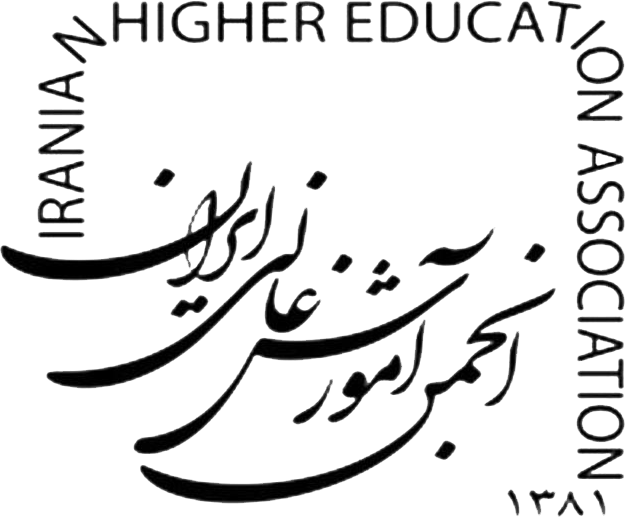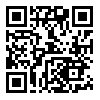Volume 17, Issue 2 (2025)
ihej 2025, 17(2): 1-20 |
Back to browse issues page
Download citation:
BibTeX | RIS | EndNote | Medlars | ProCite | Reference Manager | RefWorks
Send citation to:



BibTeX | RIS | EndNote | Medlars | ProCite | Reference Manager | RefWorks
Send citation to:
Yamanidouzi Sorkhabi M. The Pedagogy of Shock in Bill Readings’ Thought. ihej 2025; 17 (2) :1-20
URL: http://ihej.ir/article-1-2156-en.html
URL: http://ihej.ir/article-1-2156-en.html
Professor of Department of Sciences of Education., Faculty of Education and Psychology, Shahid Beheshti University, Tehran, Iran , m_yamani@sbu.ac.ir
Abstract: (841 Views)
Bill Readings is one of the prominent thinkers who critically examined the “neoliberal university.” In his analyses, he considers the mission of the university not as the mere preservation and reproduction of thought (that is, imitation and valuing the memorization of texts), which he views as static, but rather as the cultivation of the flow and development of ideas, which are dynamic and evolving. In his influential book—published in French as The University in Ruins—Readings highlights several key concepts that constitute one of the earliest intellectual critiques of universities entering the twenty-first century.
The core of his argument rests on the pedagogical field as a space for linking disciplines while maintaining their relative autonomy, within which he proposes the crucial concept of the “pedagogy of shock”. In his critical approach to the current condition of universities and the possible paths toward overcoming educational and research crises—so that a meaningful form of intellectual life may flourish within them—Readings asserts that “this shock is the minimal condition of pedagogy.”
This article explores questions such as: What is the significance of employing the notion of the pedagogy of shock for the responsible governance of universities? Within what kind of relational networks can such a pedagogy be guiding? How can that which is “unspeakable” find a voice in this pedagogical framework? And how might genuine ideas emerge within university communications?
The core of his argument rests on the pedagogical field as a space for linking disciplines while maintaining their relative autonomy, within which he proposes the crucial concept of the “pedagogy of shock”. In his critical approach to the current condition of universities and the possible paths toward overcoming educational and research crises—so that a meaningful form of intellectual life may flourish within them—Readings asserts that “this shock is the minimal condition of pedagogy.”
This article explores questions such as: What is the significance of employing the notion of the pedagogy of shock for the responsible governance of universities? Within what kind of relational networks can such a pedagogy be guiding? How can that which is “unspeakable” find a voice in this pedagogical framework? And how might genuine ideas emerge within university communications?
Keywords: Pedagogy of shock, pedagogical thought, disciplinary decentering, fidelity to interrelations among disciplines, pedagogy as a field for linking disciplines
Type of article: Editors Note |
Subject:
General
Received: 2025/10/27 | Accepted: 2025/11/1 | ePublished ahead of print: 2025/11/15
Received: 2025/10/27 | Accepted: 2025/11/1 | ePublished ahead of print: 2025/11/15
Send email to the article author
| Rights and permissions | |
 |
This work is licensed under a Creative Commons Attribution-NonCommercial 4.0 International License. |




